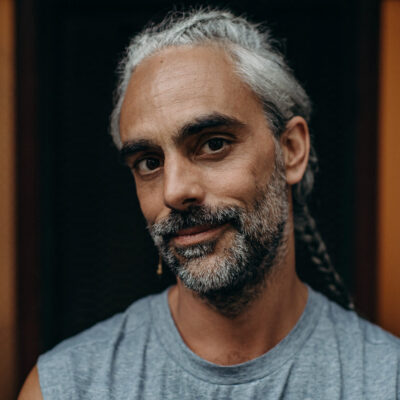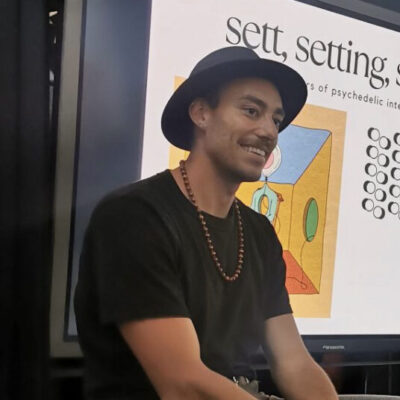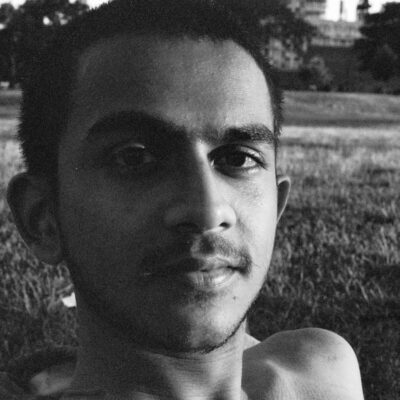Three decades after the wall was built, amidst rising prices and gentrified neighborhoods, we look at the politics of dance floors from an intersectional perspective. Are club spaces accessible to all? How does financial and social classism affect participation? How much longer can we afford decentralized, collectively run party programs?
The aim of this panel is to lay the groundwork for what we call Critical Rave Theory. Panelists will share stories of grassroots mobilization, politicized club culture and changing class structures. We will critically reflect on 90s rave nostalgia and look at the practical challenges of creating a cooperative community in a competitive reality. We will conclude with a solution-oriented approach and discuss how we can build a better ecology of care that focuses on how infrastructure shapes our interactions and what practical steps we need to take to make dancefloors more equitable.








